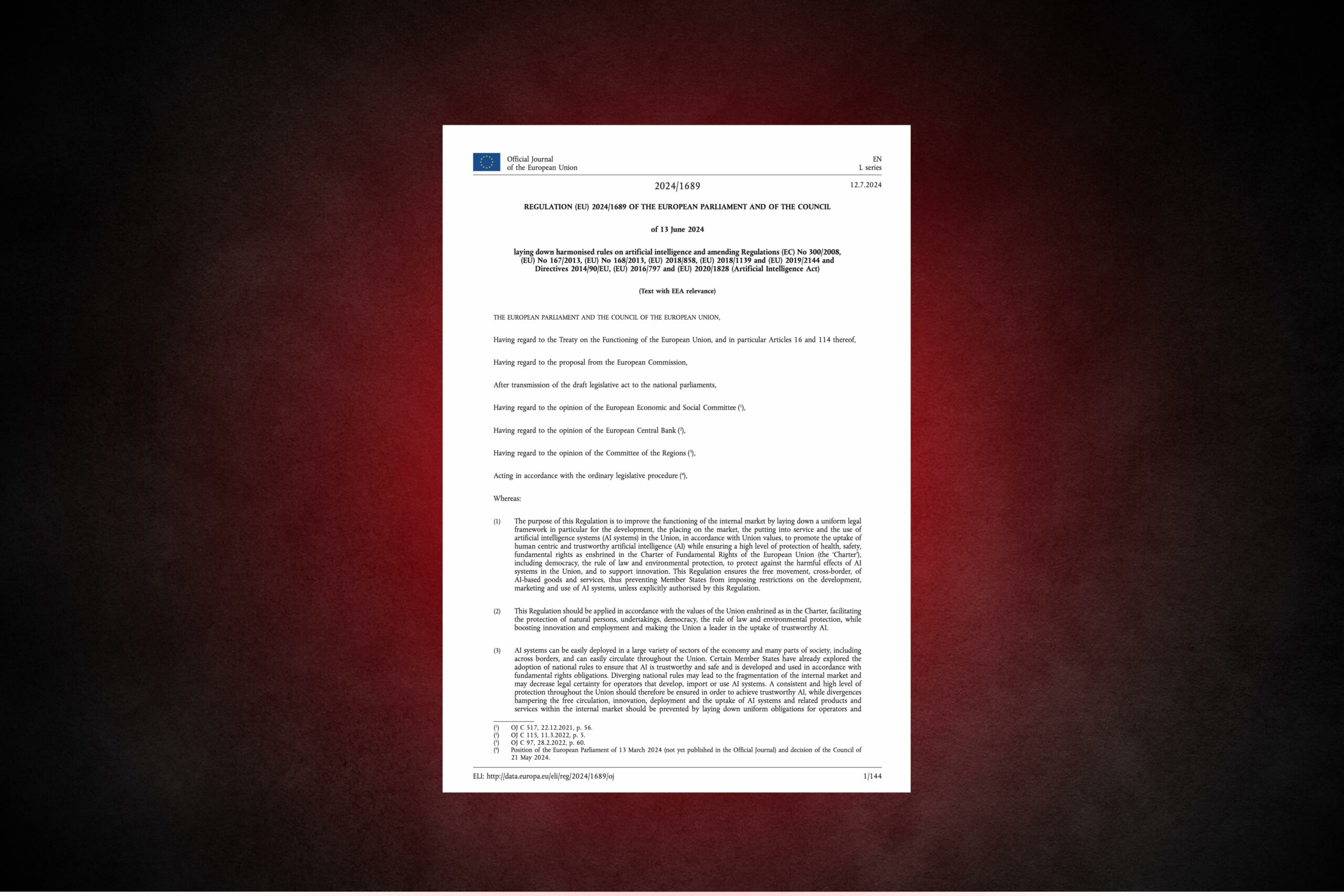To quote this article :
Thibault Schrepel, “Behavioral economics” in U.S. (antitrust) scholarly papers, Revue Concurrentialiste, April 2014
************
This post is from our new series dedicated to statistical analyses of antitrust law.
We called it: “Let’s Stat”.
——–
Here are the number of mentions of “behavioral economics” in U.S. scholarly papers:
Methodology:
We entered the keywords “behavioral economics” on the WestLawNext search engine for secondary sources.
Comments:
- WestLawNext does not gather all scholar papers. However, we presume that WestLawNext papers are a representative sample of all papers written on the subject.
Definitions:
- Behavioral economics “attempts to address irrational human behavior in light of limited cognitive capacity and inherent cognitive failings” (taken from Joshua D. Wright, Judd E. Stone II, “Misbehavioral Economics: The Case Against Behavioral Antitrust“, 33 Cardozo L. Rev. 1517 Cardozo Law Review April, 2012.)
- Pros: “Antitrust is devoted to the protection of consumers. If consumers are hard-wired to make poor decisions in some circumstances (and firms can exploit those imperfections to obtain anticompetitive effects), perhaps the government should play a more active role in protecting people from firms that try to exploit them. J. Thomas Rosch, a former Federal Trade Commissioner, made a number of speeches during his tenure at the FTC advocating the use of behavioral economics in antitrust analysis.” (Allan Shampine, “The Role Of Behavioral Economics In Antitrust Analysis”, 27-SPG Antitrust 65 Antitrust Spring, 2013)
- Cons: “Antitrust already has a well-stocked and flexible toolkit to address market imperfections. Unless behavioral economics can provide better predictions with respect to competitive outcomes than the traditional toolkit, why should antitrust practitioners complicate matters? Newly installed FTC Commissioner Joshua Wright has strongly advocated this position Howard Shelanski, Director of the FTC’s Bureau of Economics, has also expressed skepticism that there is any significant role for behavioral economics to play in conventional antitrust analysis”, because behavioral principles is not, at least in its current state, “in a position to improve an empirically grounded, evidence based antitrust policy”. (Allan Shampine, “The Role Of Behavioral Economics In Antitrust Analysis”, 27-SPG Antitrust 65 Antitrust Spring, 2013)
Survey:
[polldaddy poll=7990311]










